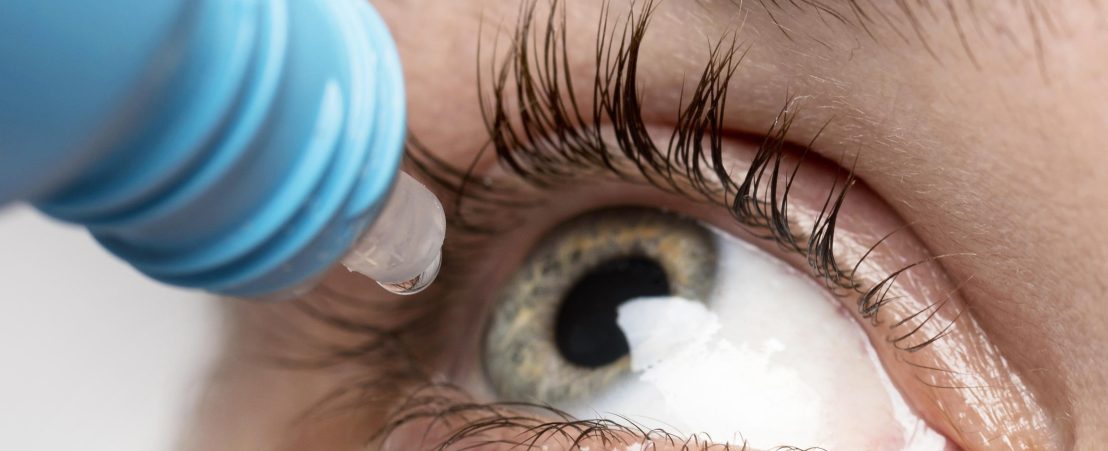
Conjunctivitis is the inflammation of the conjunctiva, the mucous membrane that covers the inner part of the eyelids in the anterior part of the eye, touching the cornea. Common symptoms are redness, eye watering and also others, depending on the etiology (morning sticky eyes in infectious cases, enlarged lymph nodes in the viral cases, itchiness in allergic cases, etc), lasting for one to three weeks.
Conjunctivitis can be classified in different types:
a) Infectious:
Bacterial: Characterised by abundant and yellowish secretion and also formation of papillae in the palpebral conjunctiva.
Viral: It is the most frequent type, generally caused by adenovirus, with a possible corneal affection. They are very contagious and they generally cure spontaneously. The prescribed treatment is symptomatic and frequent careful hand washing is also recommended.
b) Allergic: They are usually seasonal and they may differ from other types because of the strong itchiness and mucous. In some cases it is associated with rhinitis.
c) Caused by toxicity or foreign bodies.
Contact us or request an appointment with our medical team.